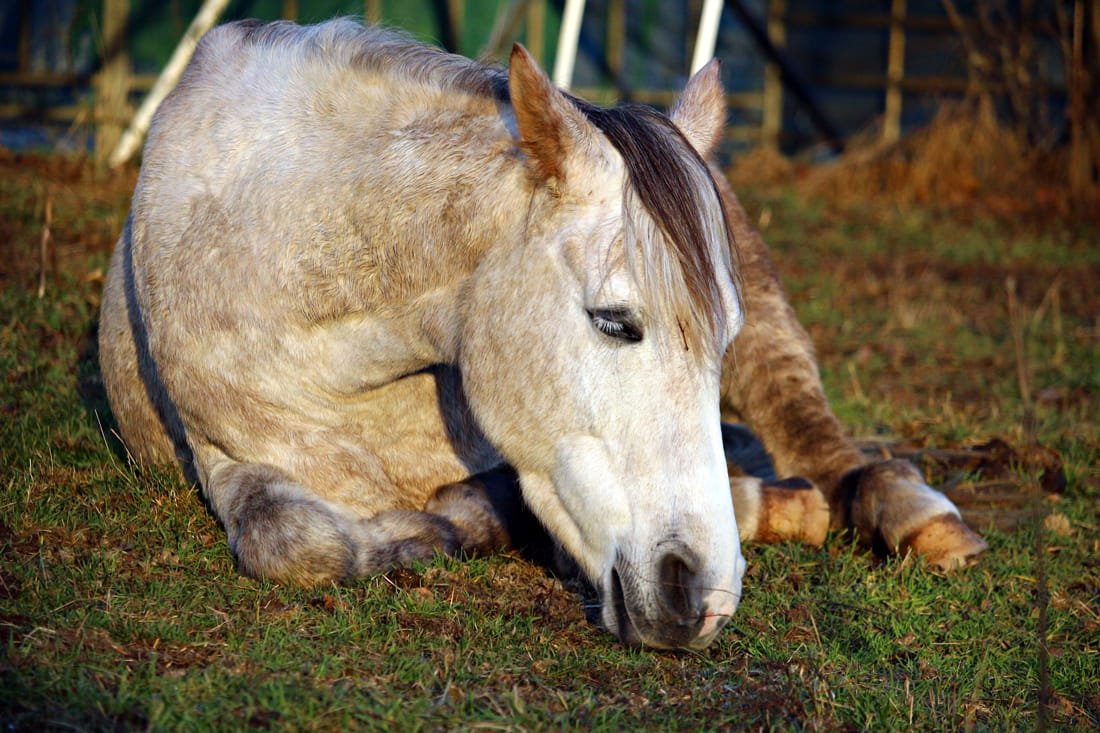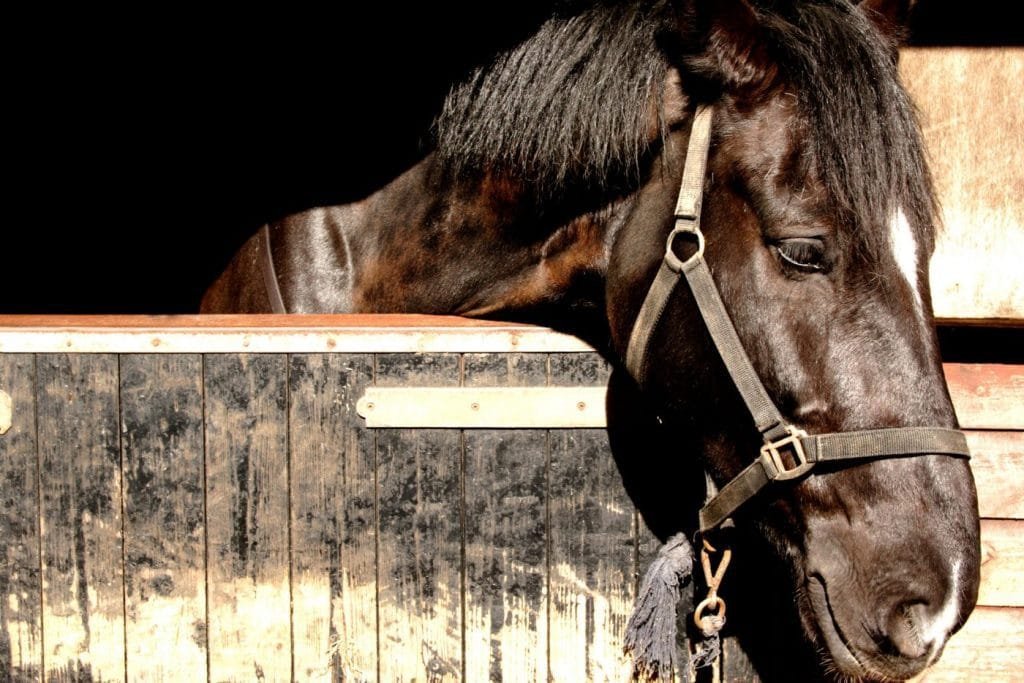Understanding the Signs of a Sick and Healthy Horse
Caring for horses requires vigilance and knowledge. Recognizing the signs of illness early can prevent serious issues and ensure your horse remains healthy and happy
Signs of a Healthy Horse
A healthy horse is usually lively and active. Here are some clear indicators of a horse in good health:
1. Bright Eyes and Alert Behavior
- Bright Eyes: A healthy horse has clear, bright eyes. Dull or clouded eyes can signal an issue.
- Alert Behavior: Your horse should be responsive and aware of its surroundings, with ears perked up and a curious attitude.
2. Smooth Coat and Healthy Skin
- Shiny Coat: A glossy, smooth coat is a good sign of overall health. Dull or rough skin might indicate a problem.
- No Excessive Shedding: Normal shedding is a part of seasonal change. Excessive shedding could signal health issues.
3. Normal Eating and Drinking Habits
- Regular Appetite: A healthy horse eats regularly and shows enthusiasm for its feed.
- Proper Hydration: Your horse should drink an adequate amount of water daily, usually 5 to 10 gallons.
4. Consistent Manure and Urination
- Normal Manure: Healthy manure is firm and well-formed. Diarrhea or very dry manure can be signs of trouble.
- Regular Urination: Frequent urination is normal. Straining or blood in urine could indicate a problem.
5. Healthy Hooves and Gait
- Well-maintained Hooves: Healthy hooves are clean, dry, and free of cracks or abnormalities.
- Smooth Gait: Your horse should move with a fluid, even gait. Limping or stiffness may indicate pain or injury.
6. Normal Temperature, Pulse, and Respiration
- Temperature: A normal horse temperature ranges from 99.5°F to 101.5°F.
- Pulse: The resting pulse rate is 28-44 beats per minute.
- Respiration: Normal respiration is 8-16 breaths per minute.

Signs of a Sick Horse
Knowing when your horse is unwell is crucial. Here are common signs of illness to watch for:
1. Dull or Watery Eyes
- Cloudy Eyes: Cloudiness or redness in the eyes can signal infection or illness.
- Excessive Tearing: Watery eyes or discharge may indicate a respiratory or eye infection.
2. Rough or Dull Coat
- Patchy Fur: A rough, patchy coat might indicate a nutritional deficiency or illness.
- Dry Skin: Excessively dry or flaky skin could be a sign of a skin disorder or parasite problem.
3. Changes in Appetite or Drinking
- Loss of Appetite: A sudden loss of interest in food can be a red flag for digestive or systemic issues.
- Reduced Water Intake: Drinking less water than usual can be a sign of dehydration or illness.
4. Abnormal Manure and Urination
- Diarrhea: Frequent diarrhea can indicate digestive upset or infection.
- Difficulty Urinating: Straining or blood in urine is a sign of potential urinary tract issues.
5. Lame or Unsteady Gait
- Limping: Any sign of lameness or stiffness in movement should be addressed promptly.
- Unsteady Movement: Difficulty in walking or standing can indicate pain or neurological issues.
6. Elevated Temperature, Pulse, and Respiration
- Fever: A temperature above 101.5°F can indicate infection or inflammation.
- Increased Pulse Rate: A pulse rate higher than normal can be a sign of stress, pain, or illness.
- Rapid Breathing: An increase in respiration rate may signal respiratory problems or distress.
When to Seek Veterinary Help
If you notice any of the signs of illness, it’s essential to consult a veterinarian. Early diagnosis and treatment can make a significant difference in your horse’s recovery. Keep a record of symptoms and changes in behavior to provide your vet with accurate information.
Understanding the signs of a healthy and sick horse helps you provide the best care for your equine friend. Regular check-ups, proper nutrition, and attentive observation are key to maintaining your horse’s health. By being proactive and responsive to any changes, you ensure your horse leads a happy and healthy life.




